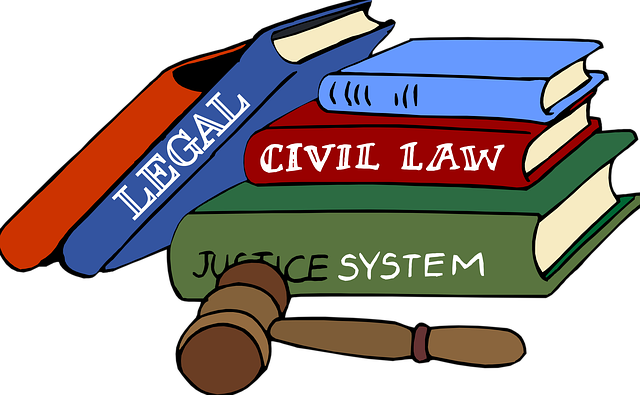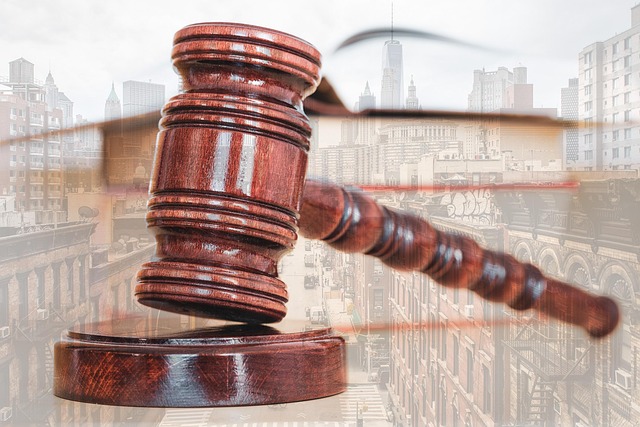Public corruption charges, driven by recent changes in securities regulation laws, significantly impact trust in government and democratic institutions. Strict oversight, enhanced penalties, and a focus on prevention aim to eradicate corrupt practices in financial markets. Effective white-collar defense strategies include thorough documentation, strong evidence presentation, and leveraging legal loopholes within evolving regulatory frameworks.
“Uncovering the intricate web of public corruption charges is essential in today’s globalized world. This article explores the profound impact of such charges on societies, with a focus on recent shifts in international laws. We delve into how these changes, including advancements in securities regulation laws, have reshaped enforcement mechanisms. Understanding these dynamics is crucial for assessing their effectiveness in combating corruption. By examining case studies from around the globe, we provide insights into the evolving landscape of public integrity.”
- Understanding Public Corruption Charges: Definition and Impact
- Recent Changes in Laws: A Global Perspective
- Enforcement Mechanisms and Their Effectiveness
Understanding Public Corruption Charges: Definition and Impact

Public Corruption Charges refer to illegal acts involving abuse of power or position for personal gain within a government or public entity. This can include bribery, fraud, and embezzlement, where individuals in positions of trust exploit their authority for financial benefit. The impact of such charges is profound, eroding public trust, distorting markets, and undermining democratic institutions.
Recent Changes in Securities Regulation Laws have further complicated the landscape of public corruption cases. With stricter oversight and enhanced penalties, white collar defense attorneys now navigate a more intricate web of legal requirements. Those accused of white collar and economic crimes face challenging tasks building winning challenging defense verdicts amidst heightened scrutiny. Effective strategies involve meticulous documentation, robust evidence, and leveraging loopholes while adhering to evolving legal frameworks.
Recent Changes in Laws: A Global Perspective

In recent years, many countries have witnessed significant shifts in their public corruption laws, reflecting a global push for enhanced transparency and accountability. These changes are particularly notable in the realm of securities regulation, with new legislation aimed at curbing corrupt practices in financial markets. The focus has shifted from merely punishing perpetrators to preventing corruption through stricter oversight and more robust legal frameworks.
This evolution is evident in high-stakes cases where the stakes for businesses and individuals have increased. Winning challenging defense verdicts is no longer solely about avoiding indictment; it’s about demonstrating a commitment to ethical conduct and compliance. The recent changes in securities regulation laws are expected to foster a culture of integrity, ensuring that corruption does not fester in the global financial system.
Enforcement Mechanisms and Their Effectiveness

The fight against public corruption has seen a surge in enforcement mechanisms, driven largely by recent changes in securities regulation laws. These regulatory shifts aim to hold individuals and entities accountable for unethical practices, particularly in high-stakes cases involving complex financial schemes. With stricter regulations, authorities can now investigate and prosecute corrupt officials more effectively, using advanced tools to unearth evidence.
One notable trend is the increased use of jury trials in corruption cases. This approach has proven successful in sending a strong message: corrupt behavior will not be tolerated. The public nature of these trials raises awareness, fostering a culture of transparency and integrity. Moreover, the potential for significant financial penalties and reputational damage acts as a deterrent for those contemplating similar acts of malfeasance within their respective businesses.
Public corruption charges have far-reaching implications, impacting not just individuals but the societal fabric as a whole. Understanding these charges and the evolving global landscape of laws is crucial for effective enforcement. Recent changes in securities regulation laws highlight a growing emphasis on transparency and accountability. However, their effectiveness hinges on robust mechanisms that can navigate complex legal systems. By examining these trends and mechanisms, we can foster better-informed discussions on combating public corruption, ultimately ensuring fairness and integrity in governance globally.






